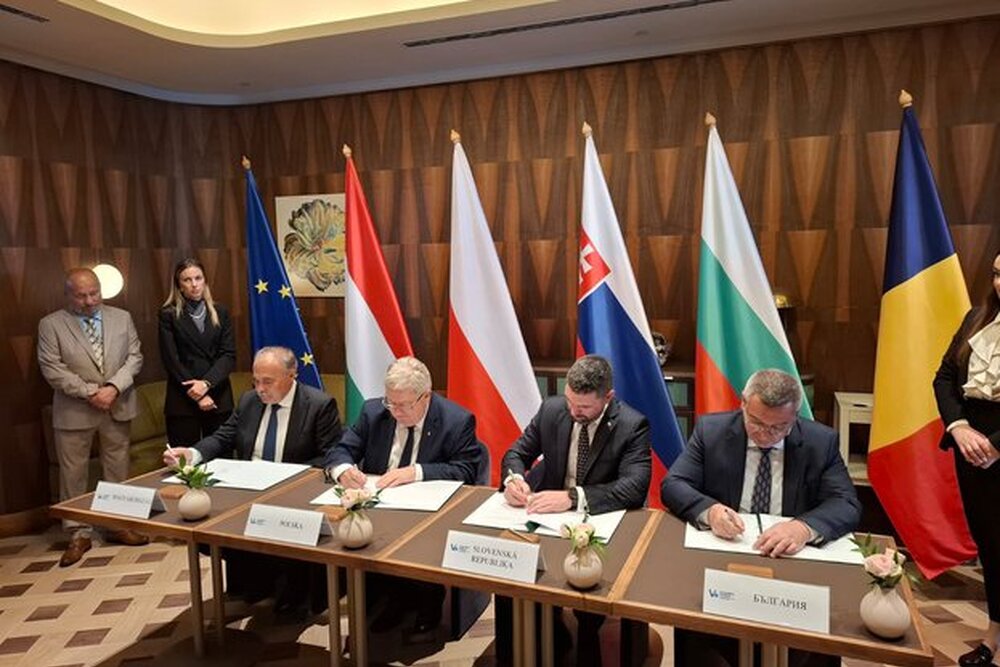site.btaBulgaria, Hungary, Poland, Slovakia and Romania Urge Stronger EU Safeguards in Ukraine Trade Deal


Ministers of agriculture from Bulgaria, Hungary, Poland, Slovakia and Romania signed a joint declaration regarding the agricultural aspects of the amended trade agreement between the European Union and Ukraine in Budapest, the Ministry of Agriculture press service said here Wednesday.
The meeting was convened against the backdrop of a preliminary agreement reached between the European Commission and Ukraine to review the bilateral Deep and Comprehensive Free Trade Area Agreement.
With the declaration, the ministers of agriculture from the EU member states bordering Ukraine called for a revision of protection mechanisms for European producers, special focus on the interests of the five countries, and the necessary safeguards for their agricultural sectors.
The document sets out the ministers’ concerns regarding the preliminary agreement between the EU and Ukraine, particularly over increased quotas for products such as honey, eggs and sugar, as well as the liberalization of some dairy markets. In this context, the agricultural ministers urged the European Commission to implement automatically applicable regional safeguard measures for frontline member states based on individual quotas and to introduce a minimum import price threshold for the relevant agricultural products to prevent sales below domestic production cost.
Bulgaria, Hungary, Poland, Slovakia and Romania further insisted that such protective measures cover all agricultural products, including those for which EU import duties have already been fully liberalized.
The five states also invited the Commission to consider establishing a special fund to compensate EU agricultural producers for possible losses in the event of excessive imports from Ukraine in the future.
The declaration also set out a common position on goods from Ukraine destined for the EU, stating that such products must meet Union standards.
During the meeting, the ministers said they remained supportive of Ukraine and its trade with the EU but opposed any outcomes harming the competitiveness or leading to bankruptcies among agricultural producers in border states. They also underlined the need for sufficient time for review and in-depth analysis of the preliminary EU-Ukraine agreement to ensure the most effective solutions for the member states.
BTA notes that according to quotas introduced on July 4, the EU will reduce wheat and sugar imports from Ukraine by up to 80% to address farmers' concerns, likely forcing Kyiv to increase exports to Asian and African markets.
The EU increased the Ukrainian sugar import quota to 100,000 t, up from 20,000 t before the conflict, but below the 400,000 t imported without restrictions in 2022/23 and over 500,000 t in 2023/24.
For Ukrainian barley, the EU quota will rise from 350,000 to 450,000 t, aligning with projected imports for 2024/25 but representing only about half the volumes imported in 2022/23 and 2023/24.
The import quota for poultry meat was increased from 90,000 to 120,000 t.
The revised EU-Ukraine trade agreement covers 40 products and still requires approval by a qualified majority of member states.
/KT/
news.modal.header
news.modal.text